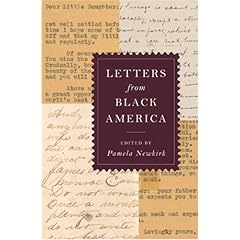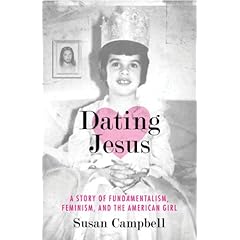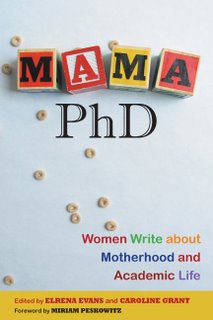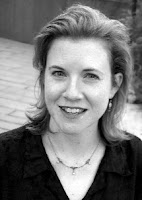 This review comes to GWP courtesy of Jenny Block, author of Open: Love, Sex and Life in an Open Marriage
This review comes to GWP courtesy of Jenny Block, author of Open: Love, Sex and Life in an Open Marriage. You can read more about Jenny’s work at www.jennyonthepage.com
My Little Red Book
Edited by Rachel Kauder Nalebuff
Twelve (Feb. 2009)
I wanted to like this book. I really did. I love the idea of it, women sharing stories about something that we’re not “supposed to” share stories about. The problem is that without stories from every corner of the globe, every generation, every rung of the socioeconomic ladder, and so on, what you end up with is redundancy.
And that is precisely the problem with Rachel Kauder Nalebuff’s My Little Red Book, I’m afraid. The material would certainly be terrific for an article, preferably written by a remarkable writer gifted with profound insight. And there certainly are a few pieces that were wonderful, like Patty Marx’s curt “Can I Just Skip This Period?†and Ellen Devine’s raw and humorous “Hot Dog on a String.†But for the most part, the pieces were generally the same.

 Courtesy of
Courtesy of  In a happy arrangement with our friends over at the blog and editorial collective
In a happy arrangement with our friends over at the blog and editorial collective  On the heels of
On the heels of  Hello again, Girl w/Penners! I’ve been sequestering myself this fall as I finish work on a book of my own but I am very glad to jump back into getting the word out about some of the amazing new books that explore the realities of contemporary women’s lives.
Hello again, Girl w/Penners! I’ve been sequestering myself this fall as I finish work on a book of my own but I am very glad to jump back into getting the word out about some of the amazing new books that explore the realities of contemporary women’s lives.

